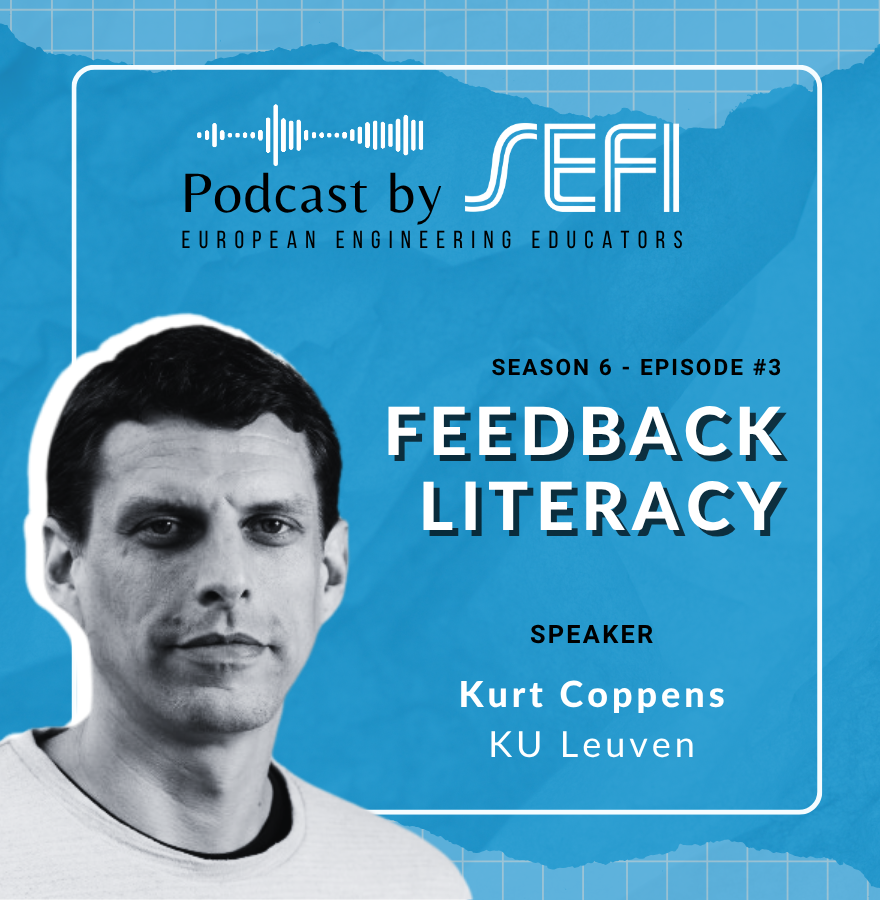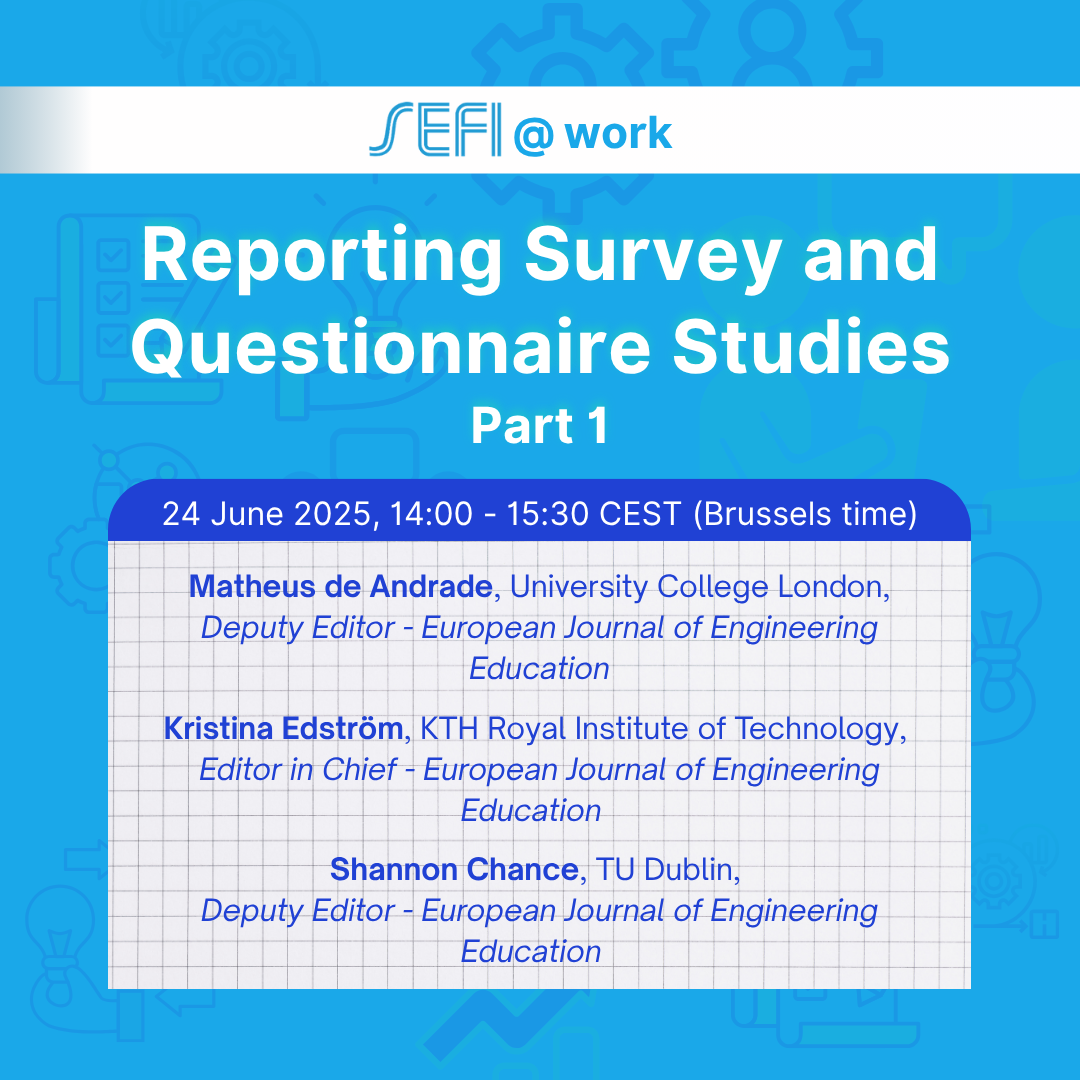Feedback is a somewhat perennial topic within higher education (HE), with increasing emphasis on students…
Date and time: 3 May 2023 2pm – 3pm CEST
Zoom link: https://us06web.zoom.us/j/83930294380?pwd=dlRlYW9BcVU5V2F2S243Zkp0anYxUT09
Speaker: Maria Berge, Umeå University, Sweden.
The quality of doctoral supervision is essential for the successful completion of a PhD. This webinar will provide valuable insights into the interaction between supervisors and doctoral students and how it contributes to the development of research skills and academic writing.
Supervision is a vital part of the process of socializing doctoral students into becoming researchers, and in this webinar, we’ll explore how humor can be used to support newcomers in learning the unspoken, implicit, and intelligible rules of academia.
In a previous study, our presenter, Dr. Maria Berge, investigated how humor can foreground certain norms of scientific practice in doctoral supervision. In this webinar, we’ll discuss and deconstruct jokes and humor in supervision together, reflecting on both positive and negative aspects of humor and how it can work as an including or excluding element for others.
This webinar considers PhD supervision, and how we can build good quality supervisor-student relationships.
Dr. Maria Berge will present her work on the use of humor in relationship building, and we will spend time reflecting on how we supervise Engineering Education PhD students.
The session is aimed at those involved in the supervision of Engineering Education research students and will stimulate discussions around supervisory practice, giving inspiration for how we might enhance our own (or our colleagues) practice. The session will:
- Give insights into the use of humour in supervisory relationships
- Allow you the network with others supervising EER students
- Give you the opportunity to reflect on supervisory practice.
Biography
Maria Berge is Associate Professor in science and technology education at Umeå University. She holds a Ph.D. in Engineering Education Research. Her research interests are centered around issues related to interactional patterns and norms in the context of learning science and technology.

